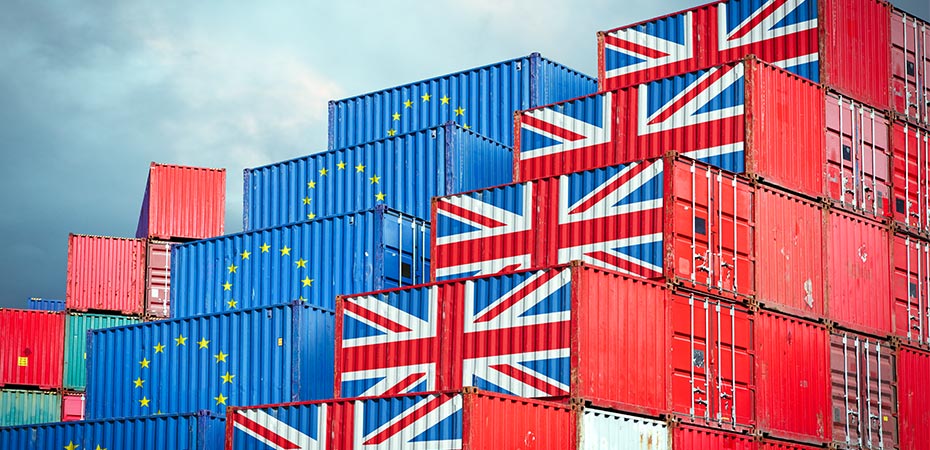The impact of Brexit on the UK economy, including trade deals with other countries and the effects on businesses

The State of Healthcare in the UK
March 20, 2023
The State of Education in the UK: Challenges and Opportunities
March 22, 2023
Brexit, the UK’s exit from the European Union (EU), has brought with it significant changes that have impacted the UK’s economy. From the renegotiation of trade deals to the effects on businesses, Brexit has created a new reality for the UK. In this article, we will explore the impact of Brexit on the UK economy and the challenges and opportunities that lie ahead.
Trade Deals:
One of the most significant impacts of Brexit on the UK economy has been the renegotiation of trade deals. The UK has left the EU’s single market and customs union, and as a result, the country has had to renegotiate its trade deals with other countries. The UK has signed trade agreements with more than 60 countries, including Japan, Canada, and Australia, to name a few.
The UK’s trade agreement with Japan, signed in October 2020, is its first major trade deal since Brexit. The agreement is expected to increase trade between the UK and Japan by around £15 billion ($20.6 billion) annually. It also includes provisions for digital trade and financial services, which are important sectors for the UK’s economy.
The UK has also signed a trade agreement with Canada, which will remove tariffs on 98% of Canadian exports to the UK. The agreement is expected to increase trade between the two countries by around £20 billion ($27.6 billion) over the next 15 years.
The UK is also in the process of negotiating a trade deal with the United States. The UK government has expressed its desire to negotiate a comprehensive free trade agreement with the US, which could increase trade between the two countries by around £15 billion ($20.6 billion) annually. However, negotiations have been slow, and it is unclear when a deal will be reached.
Despite the UK’s efforts to renegotiate trade deals, Brexit has had a negative impact on the UK’s economy. The UK’s trade with the EU has decreased since Brexit, and the country has experienced difficulties in exporting goods to the EU. This has been particularly challenging for businesses that rely on exporting goods to the EU.
Business Effects:
Brexit has also had significant effects on businesses in the UK. One of the most significant impacts has been the disruption to supply chains. Many businesses in the UK rely on goods and services from the EU, and Brexit has made it more challenging to obtain these goods and services. This has led to increased costs and delays for businesses, which has had a negative impact on their operations.
Brexit has also had a significant impact on the UK’s financial sector. The UK’s financial sector is one of the largest in the world, and Brexit has led to uncertainty and challenges for the sector. Many financial institutions have moved their operations from the UK to other EU countries, such as Frankfurt and Paris, in order to maintain access to the EU’s single market.
Brexit has also had an impact on the UK’s labor market. The UK has experienced a shortage of workers in sectors such as healthcare and agriculture, as many EU workers have left the country since Brexit. This has led to challenges for businesses in these sectors, which have struggled to find workers to fill job vacancies.
Opportunities:
Despite the challenges posed by Brexit, there are also opportunities for the UK’s economy. One of the main opportunities is the ability to negotiate trade deals with other countries outside of the EU. The UK has already signed trade agreements with several countries, and there is potential for more agreements to be signed in the future
NEWSLETTER







